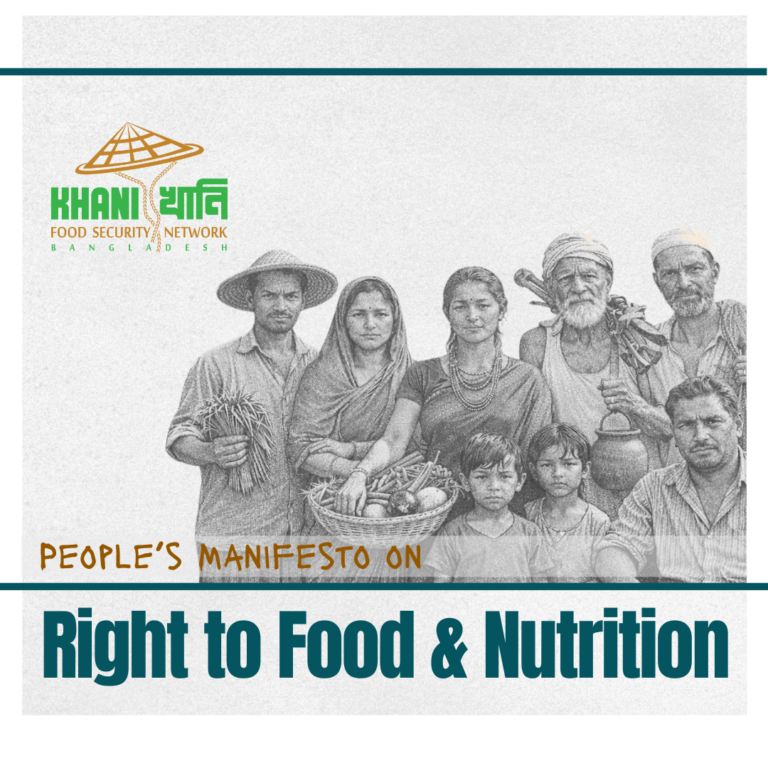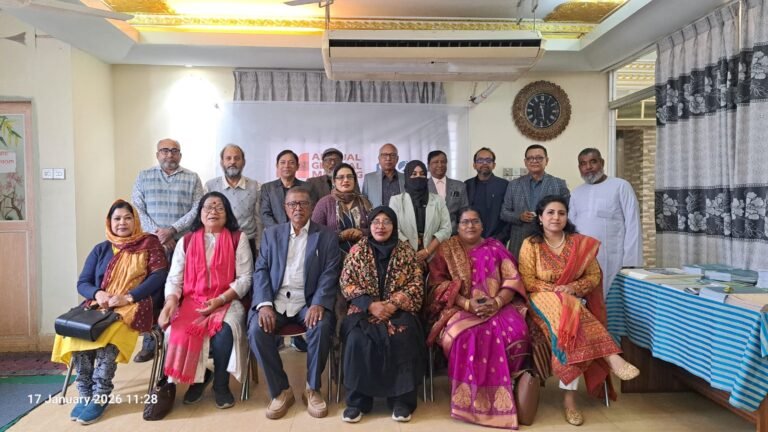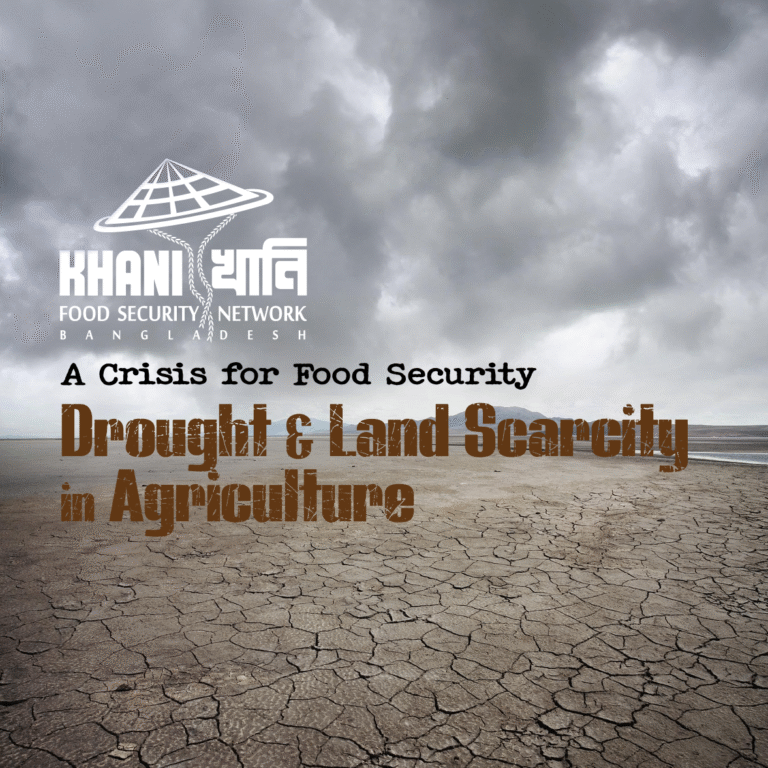
Climate crisis and Human existence are inextricably linked and Sexual & Reproductive Health & rights are undeniably connected to human existence. To inspire young people to discover more effective ways to initiate climate crisis mitigation measures and realization of SHRH to support climate resilience, a Youth Camp was organized on the 28th and 29th of October in Noakhali. The program was jointly organized by Participatory Research Action Network- PRAAN and Department of Environmental Science and Disaster Management, Noakhali Science & Technology University, supported by Asian Pacific Resource & Research Centre for Women- ARROW.
More than 30 young people from different youth organizations of Noakhali and also individual activists participated in this Youth Camp.
Dr. Mohammad. Mohinuzzaman, Chairman of the Department of Environmental Science and Disaster Management, Noakhali Science and Technology University, Save the Children Deputy Director Salah Uddin, Executive Director of Bandhon and PRAAN Treasurer Aminuzzaman Milon joined the inaugural session. Salah Uddin in his opening speech said that such events can pave a way for the youth to start their journey towards taking action for positive change. As humans come to this earth as the smartest living being, this is our responsibility to keep this earth living. Never before have so many young people been involved in movements for change worldwide. Our youth are agents of change, young people’s action and contribution in climate change agenda is key to mitigate Climate Change.
All the youth participating in this training can potentially benefit from this Youth Camp, Aminuzzaman Milon said. It will help them improve and better understand climate change and SRHR issues, as well as the threats and upcoming hazards in the world earth, live in.
Dr. Mohammad. Mohinuzzaman, Chairman of the Department of Environmental Science and Disaster Management, NSTU formally inaugurated the youth camp. Gender equality and realization of SRHR are closely linked, he mentioned. When people have the realization of their SRHR, their capacity to engage in climate change adaptation actions is greater. They can make decisions to better manage risks, pursue new livelihood strategies, and participate in politics and collective action. Here young people from diverse communities can come forward to raise awareness and initiate actions.
Shahriar M. Arifur Rahman, Assistant Professor Department of Environmental Science and Disaster Management – NSTU, Fahad Ajhor YABC Peer Educator & National Youth Commission Member of Bangladesh Red Crescent Society, Dr. Sadia Samrin Hridi District Monitoring & Evaluation Officer of UNFPA conducted several sessions on the Youth Camp. PRAAN Chief Executive Nurul Alam Masud facilitated this two-day long event.
The Camp activities of day 01 started with an icebreaking session. The participants joined a game to get familiar with each other by their names and favorite activities. Shahriar M. Arifur Rahman in his session on “What is Climate Change? Why we need to act quickly?” discussed science and the impacts of climate change. In his presentation, he showed how greenhouse gasses are harming both the environment, human beings, and biodiversity and the severity of these impacts on land, water, sea level, polar region, cities, coastal area, agriculture, human health, etc. The participants got to know about some evidence of recent climatic extremes like wildfires in Australia, floods in Bangladesh in the year 2020, 2021 wildfires in California and Greece, flood in Germany and China. The global Surface temperature has increased faster since 1970 than in any other 50-year period over a least the last 2000 years and the other things life atmospheric CO2 concentration, sea-level rise is alarmingly changing every day. Shahriar M. Arifur Rahman showed. So this is not just a subject of concern that is written on the books and reports, climate change is not just a change now, this is a crisis, this crisis is real and happening right now. Concerted global action is needed to enable developing countries to adapt to the effects of climate change that are happening now and will worsen in the future.
Fahad Ajhor facilitated a session on the ‘Interlinks Between Climate Change & Gender’. Group works were conducted on breaking the conventional ideas on gender vs. sex, inequality, enabling inclusive and enabling environments for all. In his presentation, he shared several examples of global youth victims who are now aware, involved, and empowered as effective agents of change in their communities to advance climate change strategies.
On the second day of the camo, two of the participants Nubaira Hafiz and Baker Hossain shared the learnings from the previous day’s sessions. Dr. Sadia Samrin Hridi conducted her session on the relationship between climate change and SRHR. She discussed the impacts of climate change on health services, sexual and reproductive health, and our responsibilities to protect SRH rights to adapt to climate change.
A one-act drama sketching the vulnerabilities of women in a climate emergency and other violence was demonstrated on the second day. The participants discussed the issues shown through the drama in group work. On the second half of the day, the participants designed a demonstration by themselves focusing on the upcoming COP 26. The demonstration demanded stopping the use of coals.
A certificate giving ceremony was arranged on the closing session to hand over the certificates to the participants. At the end of this two-day-long Youth Camp, all the participants created their checklist to take personal action for reducing carbon emission as much as possible.




